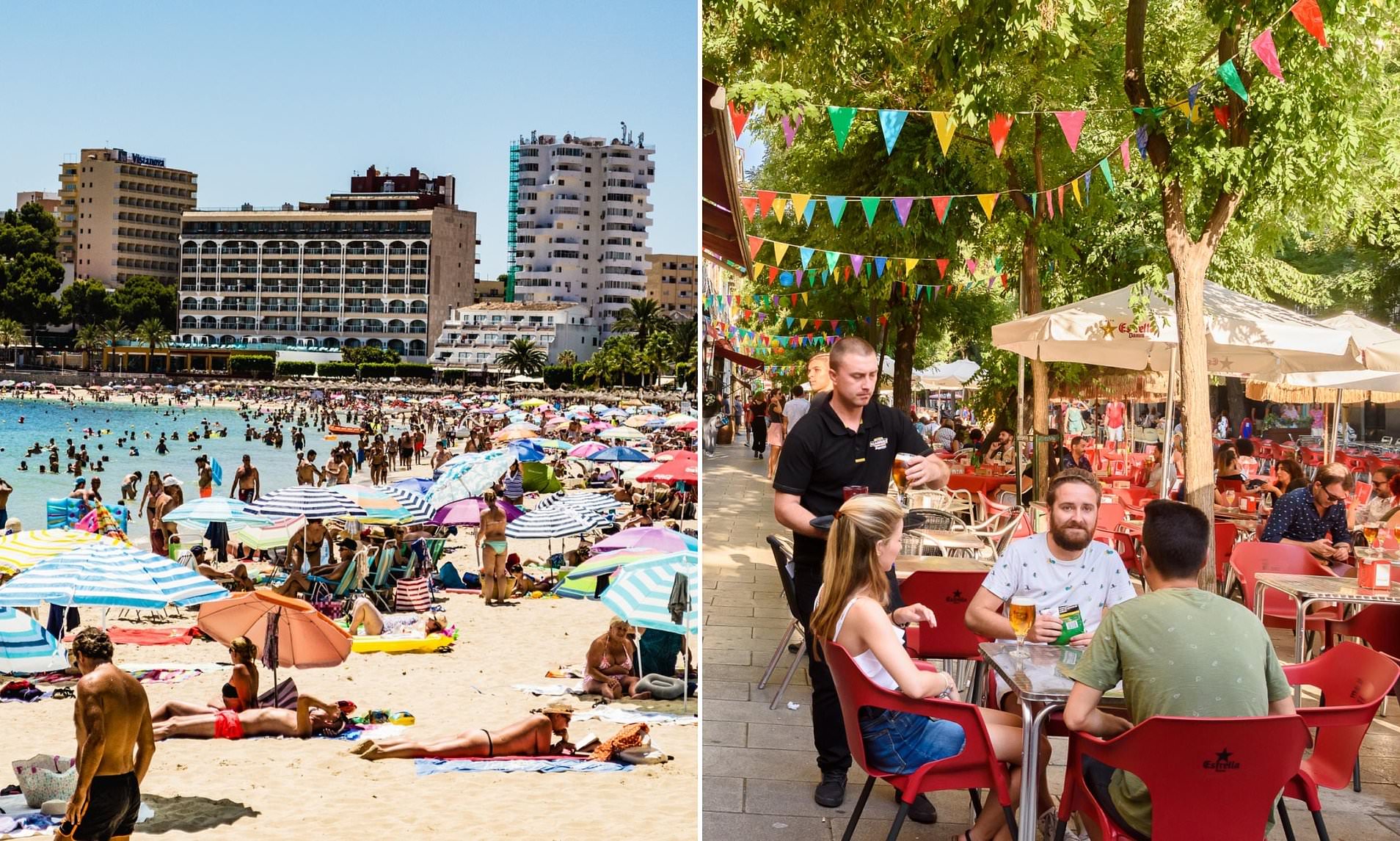Common Language Mistakes Brits Make in Spain
As the summer season approaches, many Brits are planning their trips to Spain, eager for sun, sea, and sangria. However, language experts are reminding travelers to brush up on their Spanish skills to avoid some potentially embarrassing mistakes.
Visiting a new country and learning local phrases can be an enjoyable experience, but in Spain, certain linguistic errors can lead to awkward situations. According to Statista, over 18 million Brits visited Spain last year, and some may have left locals confused or even amused by their language choices.
Claudio Guasti, head of culture and communication at City Lit, has highlighted four of the most common and amusing mistakes that Brits make when speaking Spanish abroad. Here’s what to watch out for—and what to say instead—when visiting Spain this year.
1. Avoid Saying ‘Estoy Caliente’ if You’re Warm
If you’re feeling warm and want to express that in Spanish, it’s important to avoid saying ‘estoy caliente.’ While this might seem like a direct translation of “I’m hot,” it actually means “I’m aroused” in Spanish when referring to a person.
The correct phrase to use is ‘tengo calor,’ which means “I have heat” and is the appropriate way to say you feel hot due to the weather.
‘Caliente’ can still be used to describe food or drinks. For example: ‘Quiero un té caliente’ (I’d like a hot tea) or ‘El café está muy caliente’ (the coffee is very hot).
2. Avoid Confusing ‘Cansado’ with ‘Casado’
Two similar-sounding Spanish words can cause confusion: ‘cansado’ and ‘casado’. ‘Estoy cansado’ (for men) or ‘estoy cansada’ (for women) means “I am tired.” Meanwhile, ‘estoy casado/casada’ means “I am married.”
This mix-up could lead to confusion and awkwardness in conversation, so it’s essential to use the correct term, especially when discussing how you feel.
3. Avoid Using ‘Embarazada’ Instead of ‘Avergonzado’
A common language mistake is assuming ’embarazada’ means ’embarrassed’ because of the similarity in spelling. In fact, ’embarazada’ means ‘pregnant’. To say you’re embarrassed in Spanish, the correct phrase is ‘estoy avergonzado’ if male or ‘estoy avergonzada’ if female.
Using the wrong word in this case may lead to confusion or misunderstanding, so it’s helpful to memorise the correct expression.
4. Avoid Saying ‘Hasta la Vista’ When Saying Goodbye
While the phrase ‘hasta la vista’ is recognized due to its appearance in popular films, it is not commonly used by native Spanish speakers in everyday conversations. More appropriate and natural phrases for saying goodbye include ‘hasta luego’ (see you later) or ‘adiós’ (goodbye). These are widely used and understood across Spanish-speaking regions.
By being aware of these common mistakes, Brits can enjoy their time in Spain without any unnecessary embarrassment. Learning a few key phrases and understanding the nuances of the language can go a long way in making interactions more pleasant and respectful. So, before heading off to Spain, take a moment to review these tips and ensure your Spanish is as smooth as the local tapas.







